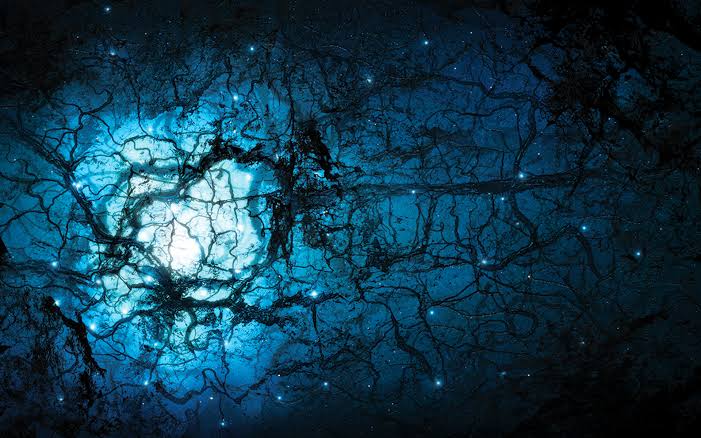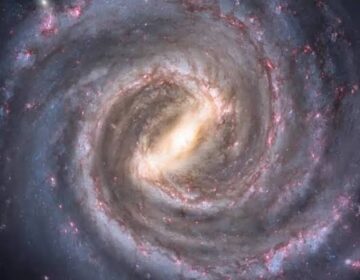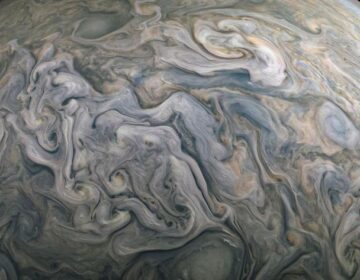New Theory
Evolving dark matter may explain cosmic acceleration. Observations support a mixed model.For years, a stubborn puzzle has sat at the center of the standard cosmological model. The evidence clearly supports an expanding Universe, yet measurements from the early cosmos suggest a lower acceleration rate than measurements made nearby in space and time.
This mismatch is known as the Hubble tension problem, and there is still no agreed solution. Many ideas have been floated. Perhaps general relativity is incomplete. Perhaps dark matter does not exist. Perhaps the flow of time is not uniform. Some even ask whether the entire Universe rotates. Here is another possibility to consider: dark matter might change over time.
Considering dark matter evolution
Models in which dark energy evolves have been explored, but the notion that dark matter itself evolves has received far less attention. There are two main reasons. First, observations that point to dark matter are strong. They imply the presence of a substance that barely interacts with light.
The major weakness is that no one has directly detected a dark matter particle. Second, many critics of dark matter aim to remove it entirely through modified gravity ideas. To them, dark matter is not a concept to adjust but a premise to discard. That is why the proposal of evolving dark matter is intriguing.







